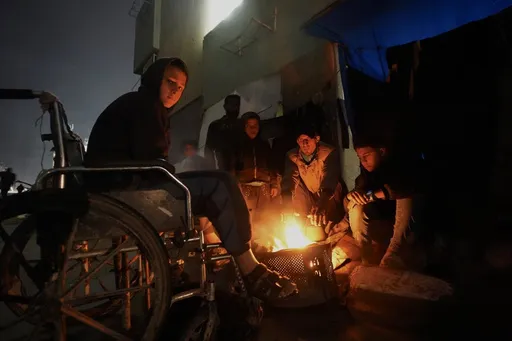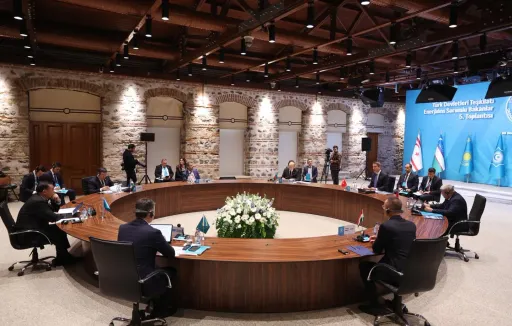By Abdulwasiu Hassan
A long held culture of pantomimes among the Hausa people in West Africa is part of the highlights of the holy month of Ramadan. The Hausa people are predominantly Muslims.
It involves troupes of youngsters adorned in varied costumes staging performances across villages and markets in the evening after breaking of the fast.
They offer comic relief in the villages as they also solicit small gifts.
The performance are done by both males and females albeit separately.
But this culture that predates introduction of Islam in the region is currently facing headwinds, including censorship on choice of topics.
“In those days when the farm harvest has been taken home, the youngsters would stage performances in the homes of some of the prominent farmers,” says Muhammad Tahar Adam, a lecturer in the department of Nigerian languages at Bayero University in Kano state.
“Men would do theirs outdoors, while women would do theirs within,” Muhammad tells TRT Afrika.
“However, with the advent of Islam, Tashe was shifted to the time of Ramadan when, after breaking of fast. People gather in front of their homes, in stages or palaces for the performances,” Muhammad added.
Types of Tashe
Though the major purpose of Tashe is to pass a message or entertain people, the performances vary.
Tashes talk about a range of topics including morality, the need to take care of the elderly and the less privileged as well as health and nutrition.
One of the most famous Tashe performances on the need to cater for the elderly is titled “Tsoho da gemu” (Bearded elderly man). Among its performers will be a character portraying an old man who has a slight stoop and clutches a walking stick.
The troupe will move around the village singing and mobilising people to help him out, explained Muhammad.
There is also a tashe that speaks against domestic violence as well as mistreatment of wives.
Tashe and modernity
With the advent of modernity, tashe has been reinventing itself to meet the challenges of the time.
Different themes of Tashe, including on politics, have been introduced.
“There is one about a member of parliament. It says the MP has stolen money,” he said.
It was however banned by the authorities for fear it could paint all MPs as corrupt
This adaptation to contemporary themes appears to be the route that will sustain the age-old culture.
Tashe performances vary from one Hausa community to the other. “So, Tashe is limitless in Hausa land. It is only the one you see that you know.''
➤ Click here to follow our WhatsApp channel for more stories.
























